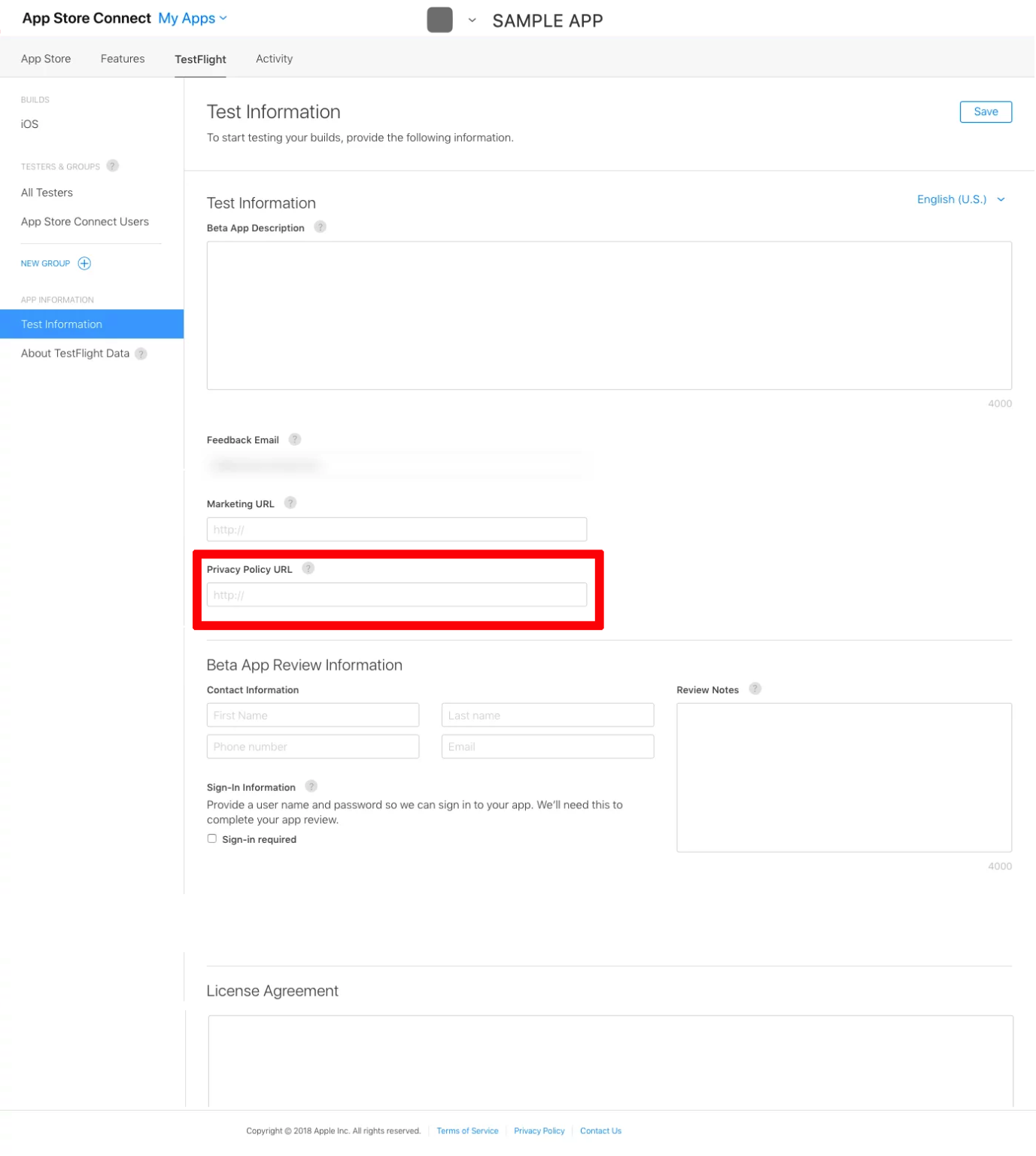CNIL Recommendations For Mobile App Privacy: A Comprehensive Guide

Table of Contents
Understanding the CNIL's Role in Mobile App Privacy
The CNIL, France's data protection authority, plays a vital role in ensuring compliance with data privacy regulations within the country. Its authority stems primarily from the General Data Protection Regulation (GDPR), a landmark piece of European Union legislation, and the French Data Protection Act. The CNIL interprets and enforces these regulations, providing guidance to organizations on how to protect personal data.
- CNIL's role in enforcing data protection regulations in France: The CNIL investigates complaints, conducts audits, and issues sanctions for non-compliance.
- The legal basis for CNIL's authority (GDPR, French Data Protection Act): These regulations provide the legal framework for the CNIL's powers, outlining the rights of individuals and the responsibilities of organizations handling their data.
- Penalties for non-compliance with CNIL guidelines: Non-compliance can result in significant fines, ranging from thousands to millions of euros, depending on the severity of the violation. This includes reputational damage and loss of user trust.
Key CNIL Recommendations for Data Collection and Processing
The CNIL emphasizes several key principles in data processing, all aimed at protecting user privacy. These principles form the cornerstone of compliant mobile app development.
Transparency and Consent
Obtaining explicit and informed consent is paramount. Users must understand what data is collected, why it's collected, and how it will be used. The CNIL recommends clear and concise privacy policies, written in plain language and easily accessible within the app.
- Requirements for obtaining valid consent (freely given, specific, informed): Consent cannot be bundled with other terms and conditions; it must be freely given, specific to the data being collected, and fully informed.
- Best practices for presenting privacy policies (clear language, easy access): Use simple language, avoid jargon, and provide a clear summary of key data processing activities. Make the policy easily accessible through a prominent link within the app.
- Examples of unacceptable consent practices: Pre-checked boxes, overly complex language, or burying the privacy policy deep within the app are unacceptable.
Data Minimization and Purpose Limitation
The CNIL strongly advocates for data minimization – collecting only the data necessary for specified, explicit, and legitimate purposes. This principle limits the risk of data breaches and misuse. Data retention periods should be clearly defined and limited to what's necessary.
- Methods to ensure data minimization in app development: Carefully review all data collection points in your app. Remove any unnecessary data requests.
- Defining legitimate purposes for data collection: Clearly articulate why each piece of data is needed. Ensure the purpose is directly related to the app's functionality.
- Strategies for securely storing and deleting data: Implement secure storage methods and establish clear data deletion policies complying with retention periods.
Security Measures
Protecting user data is crucial. The CNIL expects robust security measures to prevent unauthorized access, use, disclosure, alteration, or destruction of personal data.
- Types of encryption recommended by the CNIL: End-to-end encryption is preferred for sensitive data.
- Best practices for access control and user authentication: Implement strong password policies and multi-factor authentication where appropriate. Limit access to data based on the principle of least privilege.
- Procedures for handling data breaches, including notification requirements: Establish a clear incident response plan and adhere to notification requirements in case of a data breach. Notify the CNIL and affected users promptly.
Specific CNIL Guidelines for Mobile App Features
Certain app features require specific attention regarding CNIL compliance.
Location Data
Collecting and using location data requires explicit and informed consent. The CNIL scrutinizes the necessity and proportionality of location data collection.
- Specific scenarios where location data is permissible: Location data might be permissible for location-based services, but only if clearly justified and with appropriate user consent.
- Methods for anonymizing or pseudonymising location data: Techniques like geolocation hashing can help reduce the risk of re-identification.
- CNIL's stance on background location tracking: Background location tracking should be limited to essential functionalities and requires clear justification and user consent.
Data Sharing and Third-Party Integrations
Sharing data with third-party services requires careful consideration. The CNIL emphasizes due diligence in selecting reputable providers and establishing contractual obligations.
- Requirements for informing users about data sharing practices: Transparency is key. Users must be informed about which third parties receive their data and for what purpose.
- Selecting reputable third-party providers with strong privacy protections: Ensure your partners have robust security and privacy measures in place.
- Contractual clauses ensuring compliance with CNIL guidelines: Include clauses in your contracts that explicitly address data protection and compliance with CNIL recommendations.
Conclusion
This guide has highlighted the essential CNIL recommendations for mobile app privacy, emphasizing the importance of transparency, consent, data minimization, and robust security measures. Understanding and implementing these guidelines is crucial for ensuring compliance and building trust with your users. By carefully considering the CNIL's advice throughout your app development lifecycle, you can create a secure and privacy-respecting mobile application. To further your understanding of CNIL recommendations for mobile app privacy, explore the official CNIL website and seek expert legal counsel to ensure full compliance.

Featured Posts
-
 Chris Kaba Shooting Officer Found Not Guilty
Apr 30, 2025
Chris Kaba Shooting Officer Found Not Guilty
Apr 30, 2025 -
 Posizioni Di Classifica La Flaminia Conquista La Seconda Piazza
Apr 30, 2025
Posizioni Di Classifica La Flaminia Conquista La Seconda Piazza
Apr 30, 2025 -
 Super Bowl 2024 Blue Ivy And Rumis Fashionable Debut Beyonces No Show Explained
Apr 30, 2025
Super Bowl 2024 Blue Ivy And Rumis Fashionable Debut Beyonces No Show Explained
Apr 30, 2025 -
 Complementary Collections Hudsons Bay Artifacts And Manitobas Heritage
Apr 30, 2025
Complementary Collections Hudsons Bay Artifacts And Manitobas Heritage
Apr 30, 2025 -
 Limited Stock 14 Adidas Slides In Adidas Spring Sale
Apr 30, 2025
Limited Stock 14 Adidas Slides In Adidas Spring Sale
Apr 30, 2025
